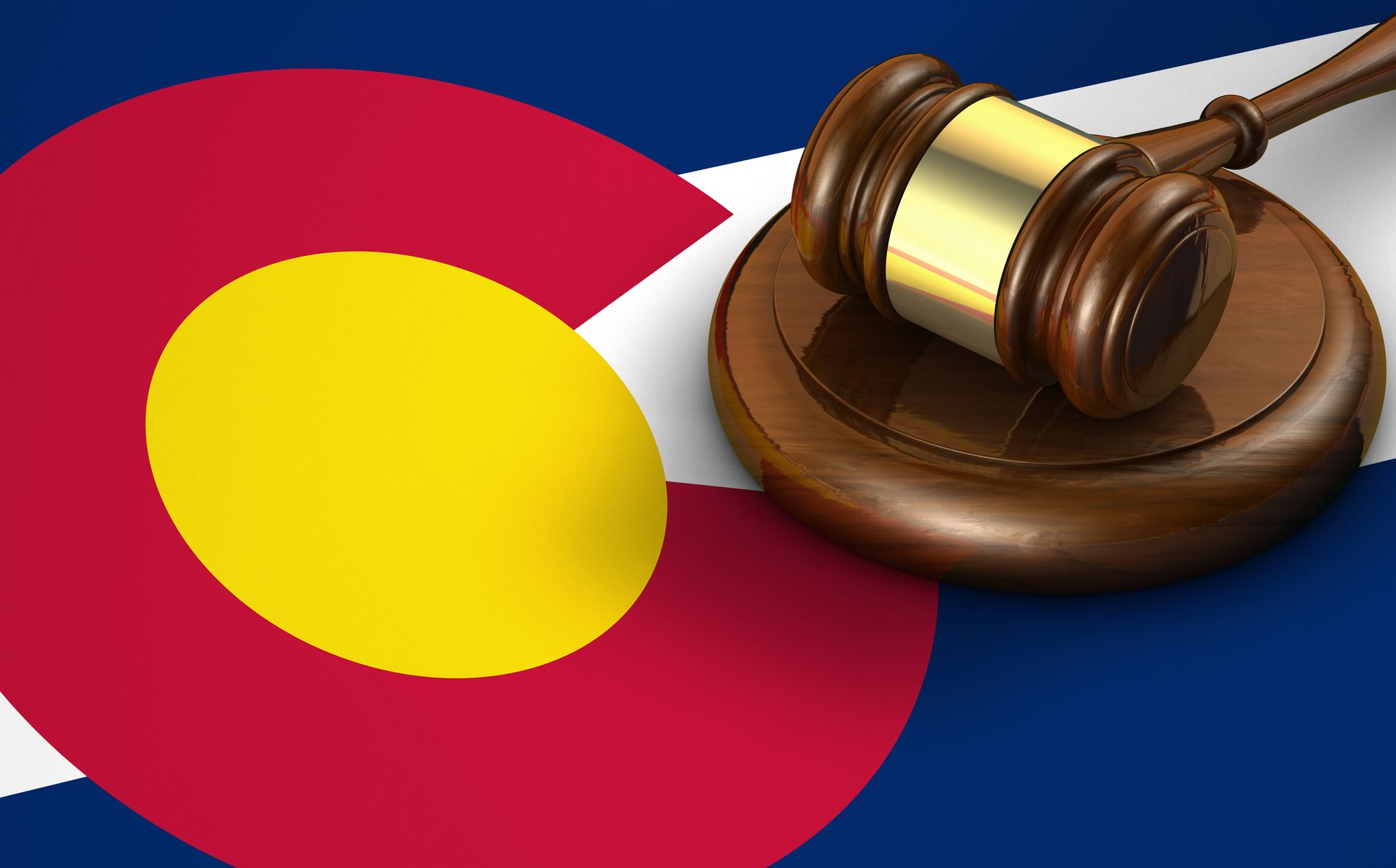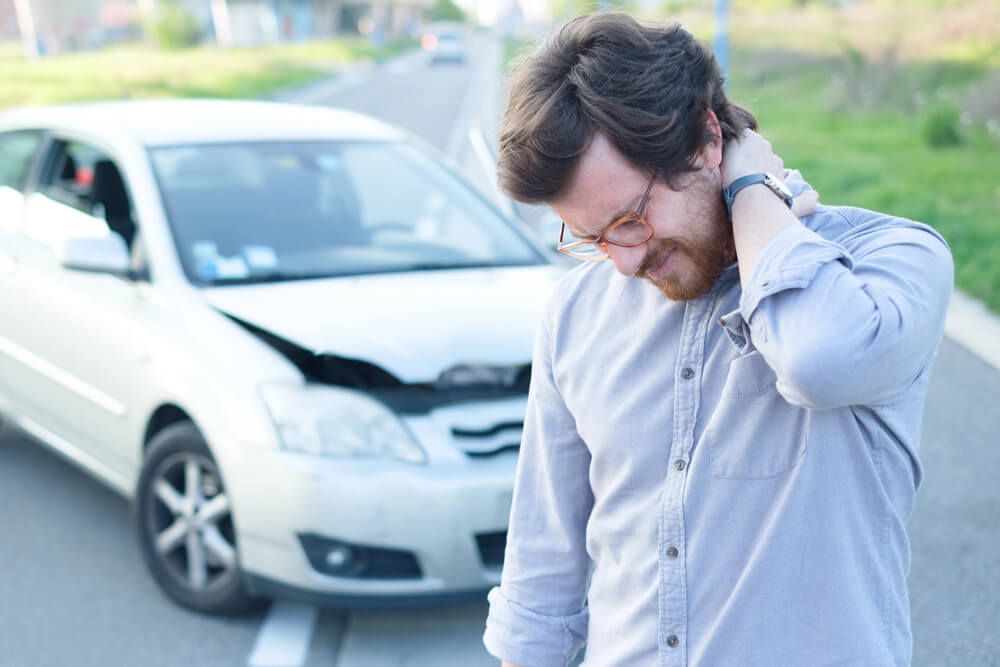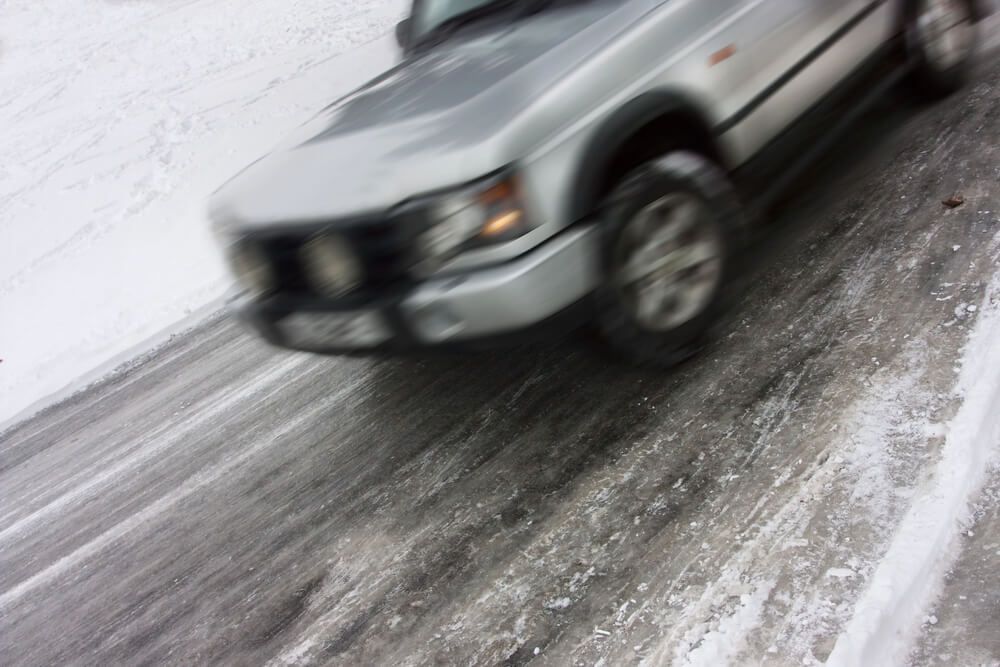10 Weird Laws in Colorado You Probably Didn’t Know
Recent Blog Posts
10 Weird Laws in Colorado You Probably Didn’t Know

Colorado is known for its mountains, ski culture, and progressive policies, but it also has a treasure trove of unusual laws—some of which are still on the books. Here are ten strange laws across Colorado, why they exist, and whether they’re enforceable.
1. Snowball Fights Banned in Aspen
In Aspen, it is—or at least was—technically unlawful to throw snowballs at people, buildings, vehicles, or other property in public places. This is part of a broader municipal code that bans throwing missiles or discarding projectiles in certain public ways.
While it might seem extreme, such rules are meant to reduce property damage and possible injuries. Enforcement varies, and it’s unlikely someone would be ticketed for a harmless snowball toss—but it remains on the books.
2. Weeds Over 10 Inches in Pueblo Are a Violation
Pueblo’s city ordinance prohibits landowners from allowing weeds in excess of ten inches to grow or remain on their property. This includes noxious weeds like common ragweed, Russia thistle, Canada thistle, etc.
Though this seems trivial, such ordinances often are enforced to maintain public health, prevent pests, reduce fire risk, and preserve neighborhood aesthetics.
3. Intoxicated Horseback Riding is Illegal
In Colorado, riding a horse (or other non-motorized vehicle) while under the influence of alcohol (or drugs) is prohibited. In effect, you can get a sort of “DUI” charge for riding your horse drunk, because horses are classified in some laws as non-motorized “vehicles.”
4. No Selling Cars on Sundays
According to Colorado law, motor vehicle dealers are prohibited from selling motor vehicles on Sundays. However, accessories or non-vehicle items can be sold.
These “blue laws” or Sunday commerce restrictions are remnants of cultural norms about Sunday rest; many are no longer strictly enforced or have exceptions.
5. Illegal to Mutilate Rocks in State Parks
Colorado state parks have laws that make it illegal to damage, deface, or “mutilate” rocks or range stones. This could include removing, breaking, or otherwise altering natural rock formations.
These laws help preserve natural heritage and protect park environments. Don’t expect much legal trouble unless the act is obvious or causes damage, but the protection is there.
6. Kissing a Sleeping Woman in Logan County
Logan County has a curious ordinance making it illegal for a man to kiss a woman while she is asleep. Consent issues aside, this law is one of many older, more culturally specific laws that seldom see enforcement.
7. Upholstered Furniture Ban on Porches in Boulder
In the City of Boulder, there is (or was) a law restricting or forbidding placing upholstered furniture—which isn’t manufactured for outdoor use—on outdoor porches.
The idea is safety (fire hazards, weather damage) plus keeping public health and sanitation in mind. Such laws occasionally pop up in housing or fire code ordinances.
8. Black Cars Illegal on Sundays in Denver
There is a commonly cited “old law” claiming that in Denver, it’s illegal to drive a black car on Sundays. Whether it’s still valid, enforced, or just folklore is debated. Some sources list it among bizarre laws in Colorado, though documentation is thin.
It seems likely it was once part of a law pertaining to Sunday activities, but it may no longer be in active enforcement.
9. Catapults & Missiles: Aspen’s Restrictions
Aspen code includes prohibitions against firing a catapult at a building, or throwing missiles (including snowballs) at any person, structure, or property.
While catapult warfare is rare today, the law reflects attempts to ban harmful or dangerous projectiles.
10. Selling or Advertising Liquor on Certain Days & Limits
Colorado has had various laws limiting the sale of liquor, especially on Sundays or election days. For instance, older ordinances restricted grocery stores or other stores to selling only beer or low-percentage alcoholic beverages and limited sales or storefront advertising of liquor on certain days.
Many of these have been modified, repealed, or are in specific local jurisdictions—but they remain part of Colorado’s legal history.
Why Weird Laws Still Matter (Even If Rarely Enforced)
- Legal liability: In some cases, odd local ordinances can be used by plaintiffs in lawsuits, especially if injuries or damages relate to something seemingly trivial (e.g. projectiles, property damage).
- Awareness: Visitors or new residents may accidentally break a rule without knowing it—leading to citations or legal trouble.
- Local variation: Many of these laws are not statewide; they come from city or county codes. That means the applicable rule might differ if you move from Pittburgh to Boulder or Denver to Aspen.
- Legal defense: Some of these laws are antiquated or rarely enforced; a lawyer may challenge them as obsolete or argue over ambiguities of enforcement.
What to Do If You Encounter a Weird Law Relevant to Your Case
If you or someone you know is affected (or cited) under a strange local law:
- Obtain the exact text of the law or ordinance – find the relevant city code, county code, or state statute.
- Check enforcement history – whether similar cases have been prosecuted; whether the law is still valid (some are repealed or modified).
- Evaluate harm or damage – if there's actual damage, injury, or risk, the law may be more likely to matter.
- Consult a lawyer – a local attorney can tell you how likely enforcement is, whether the law is defensible, or whether you have defenses.





